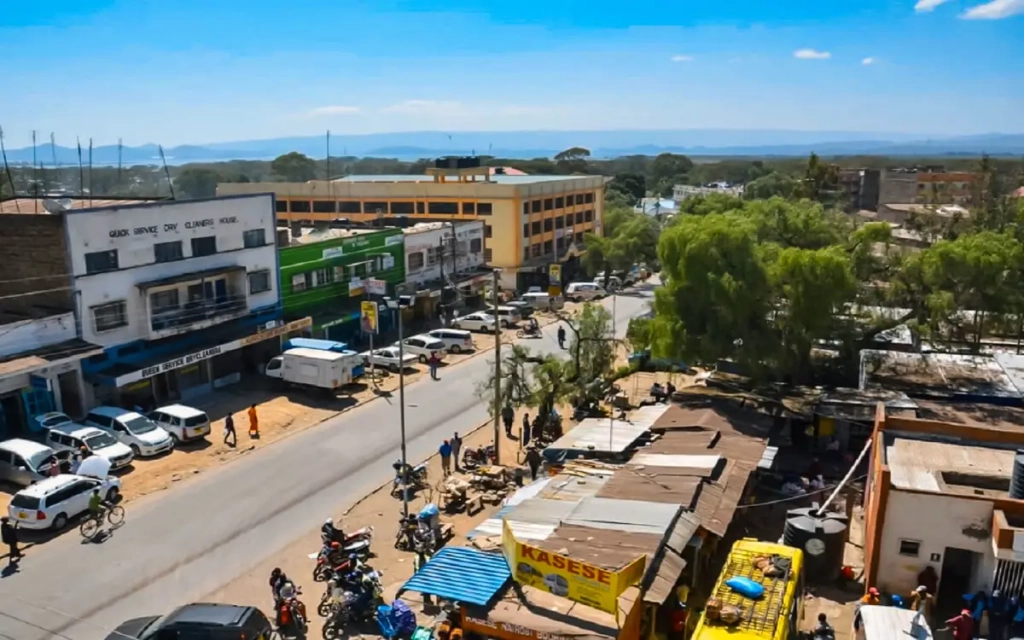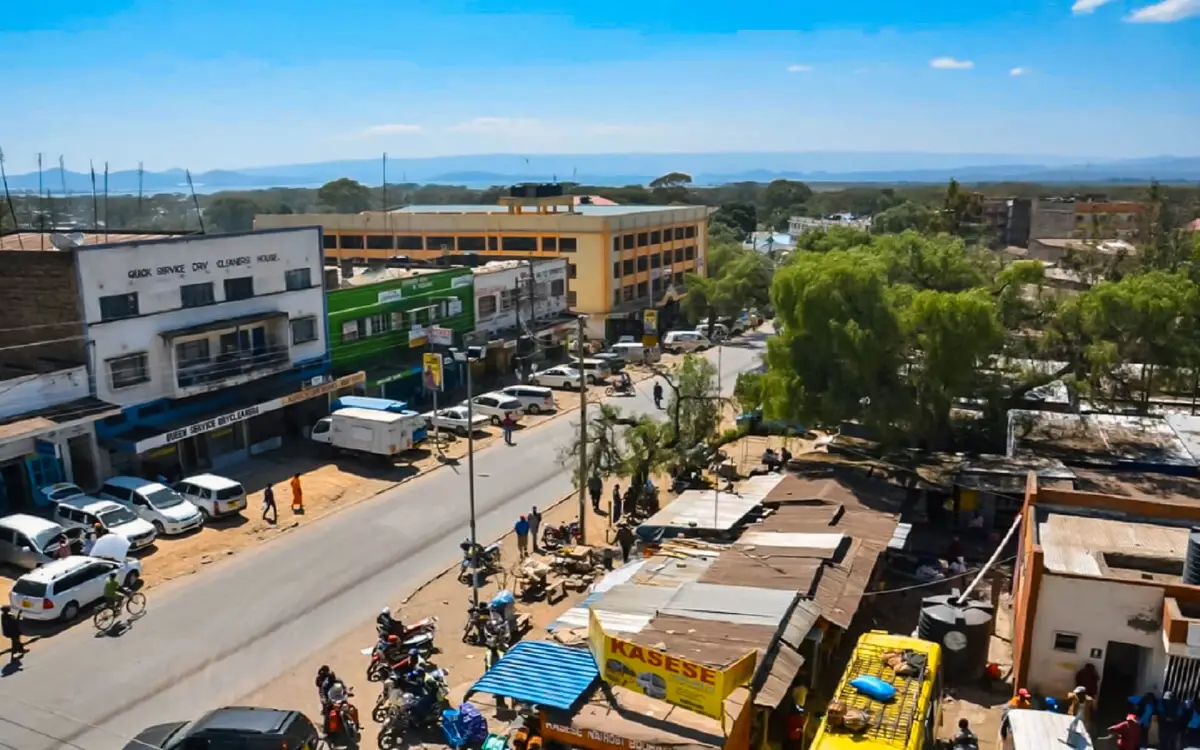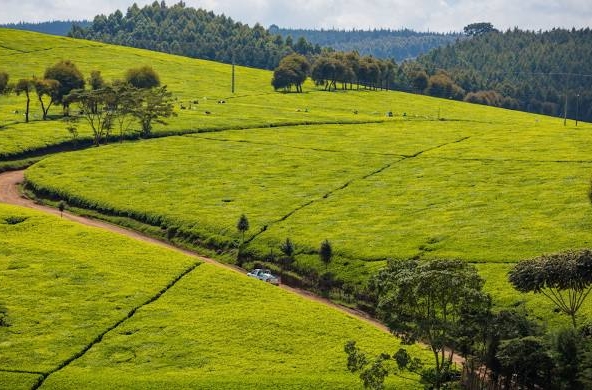Naivasha is a bustling lakeside town in Nakuru County, about 93 km northwest of Nairobien.wikipedia.org. To start, visit GlobalHomesLtd.co.ke and search the “Naivasha” listings for land plots that suit your needs (size, price, location). Our site lets you view detailed features and prices. Once you find a few options, contact our agents to schedule site visits. Seeing the land in person helps you confirm the surroundings (roads, utilities, neighborhood) and avoid surprises. At this stage we also advise discussing your requirements with us – we offer Title Transfer Assistance and Due Diligence services to simplify the processglobalhomesltd.co.ke.

1. Search & Shortlist Properties
Begin by browsing our Naivasha listings on Global Homes Ltd (or similar reputable sites) to shortlist promising plots. Check if the land is inside town limits or more rural – this affects costs (e.g. stamp duty rates differ in municipal areas)linkedin.com. Visit each shortlisted site to verify its condition and boundaries. Note landmarks, terrain, and ensure the physical area matches any advertised size. If you’re not local, our team can assist or provide video tours.
2. Due Diligence and Verification
Once you’ve selected a plot, it’s crucial to verify the seller and land details. Key steps include:
- Conduct an official Land Search. Visit the Ministry of Lands (county registry or eCitizen portal) to confirm the current owner and check for encumbrances (charges, caveats, mortgages)linkedin.com. You’ll need a copy of the title deed, the seller’s PIN and ID, and a paid search fee. (In Nairobi, for example, land searches can be done online or in person.)
- Verify the Title Deed. Make sure the title document is genuine and up to datelinkedin.com. Check that the owner’s name on the deed matches the seller. Look for any marks indicating outstanding loans or disputes.
- Check Land Rates & Land Rent. Obtain a Land Rates Clearance Certificate from the local county to ensure property taxes are paid up. Also get a Land Rent Clearance Certificate (about Ksh 500, usually valid 7 days)eprocedures.investkenya.go.ke. These confirm there are no unpaid local or national levies on the land.
- Land Control Board Consent (if applicable). If the land is agricultural (usually outside a municipality and above half an acre), Kenyan law requires Land Control Board approval before sale. Ensure the seller obtains this consent and any spousal consent, as neededlinkedin.com.
- Survey and Boundaries. Hire a licensed surveyor to cross-check the survey plan with the actual land. A physical inspection and boundary marking can prevent future boundary disputeslinkedin.com.
Each of these checks can uncover hidden issues before you pay. Global Homes Ltd can arrange these due diligence steps for you if needed (we perform land searches, document checks, etc.). Completing due diligence gives you confidence that you’re dealing with the rightful owner and that the land title is cleanlinkedin.comlinkedin.com.
3. Sales Agreement & Legal Documentation
After due diligence, the next step is to formalize the purchase with a Sale Agreement. Kenyan law requires land sales to be in writing, and the agreement should be stamped by the Kenya Revenue Authority (to make it legally enforceable). Key points:
- Drafting the agreement. Work with a lawyer to prepare a sale contract that clearly states the buyer, seller, property details (location, size, title number) and agreed price. Include any conditions (e.g. financing terms, deposit amount).
- Stamp the Agreement. The signed agreement must be stamped with the KRA stamp duty (red ink) within 30 days. This is a nominal fee – typically Ksh 200–500wka.co.ke. If this is not done, the contract cannot be used in court if disputes arise.
- Pay a Deposit. It’s customary to pay a deposit (often 10% of the pricewka.co.ke) into an escrow or stakeholder account once the agreement is signed. This shows your commitment. The balance is paid on completion of transfer.
- Legal searches (green card). You or your lawyer should also order a Green Card search (a certified register extract) to review the history of title transfers. This often reveals any past transactions or missing documents.
- Hire a lawyer/advocate. Engaging a conveyancing lawyer is highly recommended. They will prepare all transfer documents (Transfer Form RL.3, Form A, passport photos of parties, PIN certificates, etc.) and guide you through the legal requirementslinkedin.comwka.co.ke.
At this stage, our team can prepare and stamp the agreement, handle the deposit, and liaise with your lawyer as needed. We ensure all sale paperwork is in order, so that the final transfer goes smoothly.
4. Fees, Taxes, and Costs
When buying land in Kenya, budget not only for the price, but also the government fees and taxeseprocedures.investkenya.go.ke. Main costs include:
- Stamp Duty. This is the largest fee on completion. Currently it’s 4% of the land’s value if the property is within a municipality/town, or 2% if it’s ruraleprocedures.investkenya.go.kewka.co.ke. (For Naivasha plots outside town, use 2%.) Stamp duty is payable to KRA (via banks or eCitizen) at the time of transfer.
- Land Rent and Rates Clearance. As noted above, you’ll pay for Land Rent Clearance (Ksh 500) and a Rates Clearance certificate from the countyeprocedures.investkenya.go.ke. These are usually paid during the transfer stage.
- Legal and Agency Fees. In addition to government fees, you’ll pay lawyers’ fees (typically ~1–2% of price) and any agent commissions (if any). Ensure these are agreed in advance.
- Other Services. You may need to pay for surveys or valuations (to calculate stamp duty). For example, getting a current valuation report is often required. Surveys for new boundary marks may cost a few thousand shillings.
All these costs add up, so it’s wise to calculate them before finalizing the deal. We can provide an estimate of transfer costs and help pay them on your behalf at closing. (For reference, see the State Department of Lands table: Transfer of land requires original title, clearance certificates, and stamp dutyeprocedures.investkenya.go.ke.)
5. Transfer of Ownership and Handover
Finally, you complete the purchase by transferring title. The steps are:
- Submit Transfer Documents. Your advocate will lodge all the signed forms with the Ministry of Lands (County Land Registry). This includes the original title deed, transfer forms, IDs/PINs, photos, and clearance certificates. At this point, you pay the stamp duty and any statutory fees.
- Ministry Processing. The Lands office verifies the paperwork and, once satisfied (they check consents and payments), the registrar registers the transfer. Under current rules, transfers typically take a few weeks.
- Issuance of New Title. After registration, a new title deed is printed in your name. The old title deed is marked “cancelled” and returned to you, while the new deed is mailed to the new owner.
- Handover. Once the new deed is ready, we or your lawyer arrange to hand it over to you, completing the process. You now own the land outright.
Throughout this final stage we remain involved to track progress and solve any snags. We will notify you once the transfer is complete and arrange delivery of the new title. By this point all formalities are done – your investment is secured and the property is legally yourslinkedin.com.



